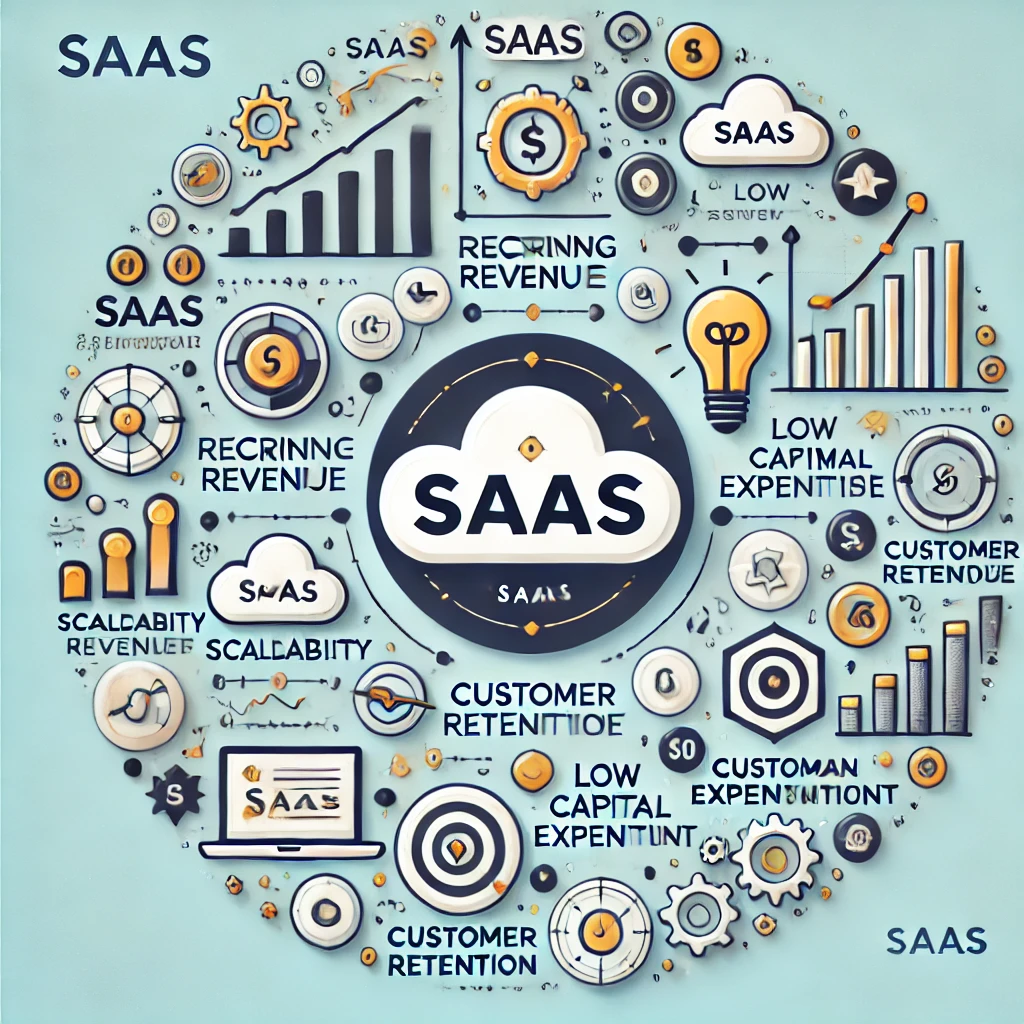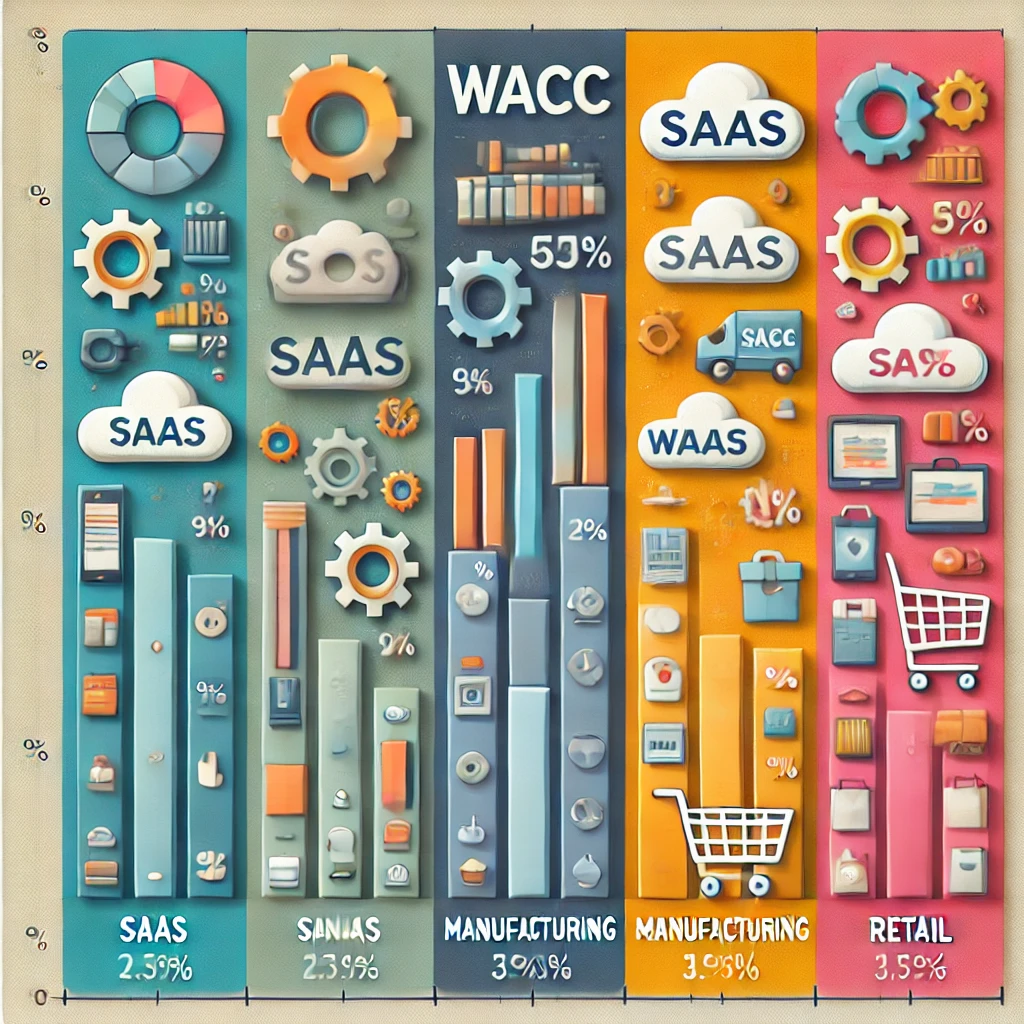The Weighted Average Cost of Capital (WACC) is an important portion for companies. It shows how much it expenses a business to increase money from obligation and impartiality. For SaaS (Software as a Service) companies, their special way of operating makes people wonders if they have a lower WACC. We will describe Do SaaS Companies have a lower WACC and what factors affect it.
What Is WACC and Why Does It Matter?
WACC is the average cost a company pays to use money from both responsibility and impartiality. Companies use it to decide if investments are worth it. A lower WACC means it expenses less to get money which helps businesses grow and earn more profit.
For SaaS companies, WACC is very important. It affects how much the company is valued. How fast it can grow and what kind of decisions it makes about spending money.
How WACC Is Calculated
WACC is calculated by adding the value of impartiality and the price of obligation, weighted by their share in the total capital. The formula confirms companies balance danger and value when supporting operations.
Key Features of SaaS Companies

SaaS companies sell software over subscriptions. This business model has many benefits that set them apart from traditional companies. These include expected income low costs to run the business and high profit limits.
Subscription-Based Revenue
The subscription model confirms regular income. This firm cash flow makes SaaS companies less risky for investors.
High Scalability
SaaS companies can grow quickly without spending much on extra resources. This scalability is attractive to both customers and investors.
Why SaaS Companies May Have a Lower WACC
SaaS companies often enjoy a lower WACC because of several reasons:
• Stable Income: Their subscription model confirms stable and expected cash flows.
• Less Debt: SaaS companies regularly trust more on justice than duty which lowers their overall value of capital.
• Investor Appeal: High scalability and strong growth potential make SaaS companies attractive to investors and decrease the cost of impartiality.
Strong Financial Health
Because of their frequent income and low debt, SaaS companies are many seen as financially stable. This decreases the risks for lenders and investors.
Low Operational Costs
SaaS businesses have fewer physical assets to maintain, which means lower costs and higher productivity.
Challenges That Could Raise WACC for SaaS Companies
While SaaS companies often have a lower WACC, there are factors that can increase it:
• High Competition: SaaS markets are crowded, requiring heavy spending on marketing and development.
• Equity Dilution: Depending too much on impartiality funding can decrease the value of existing shares over time.
• Market Changes: Rapid shifts in technology and customer preferences can create risks that impression investor confidence.
Balancing Growth and Risk
To keep WACC low, SaaS companies must balance growth plans with risk management. This contains careful planning and strong performance.
The Role of Market Trends
Market trends in technology and customer needs play a big role in how investors view SaaS companies. Staying ahead can help maintain a lower WACC.
Comparing WACC in Different Industries

SaaS companies are different from outdated industries like manufacturing or retail. Traditional businesses often depend more on debt which increases their WACC. SaaS companies with their subscription models and digital platforms, generally have lower operational and financial risks.
Industry-Specific Factors
Each industry has unique factors that affect its WACC. For SaaS, scalability and frequent income are key advantages that regularly lead to lower WACC compared to other sectors.
Conclusion:
SaaS companies have features that can lead to a lower WACC. Their steady income, lower debt, and scalable models make them attractive to investors. Still, challenges like competition and market risks can increase their WACC. Each company is different and understanding the factors at play helps in making better decisions.
FAQs
What is WACC, and why does it matter for SaaS companies?
WACC is the average cost of floating money from impartiality and responsibility. For SaaS companies, a lower WACC makes it cheaper to grow and scale.
Do SaaS companies have a lower WACC?
Not always. While many SaaS companies benefit from stable income and low debt, factors like competition and market risks can increase their WACC.
Why do SaaS companies use equity more than debt?
Impartiality funding gives SaaS companies more elasticity to grow without the risks of taking on duty.
How does scalability affect WACC for SaaS companies?
Scalability helps SaaS companies grow their income without much extra cost, which lowers their financial risk and WACC.
What can increase WACC for SaaS companies?
High competition, market instability, and over-reliance on impartiality funding can lead to higher WACC for SaaS companies.
Visit Glowmite for more!
Read More: What is Kshow101


